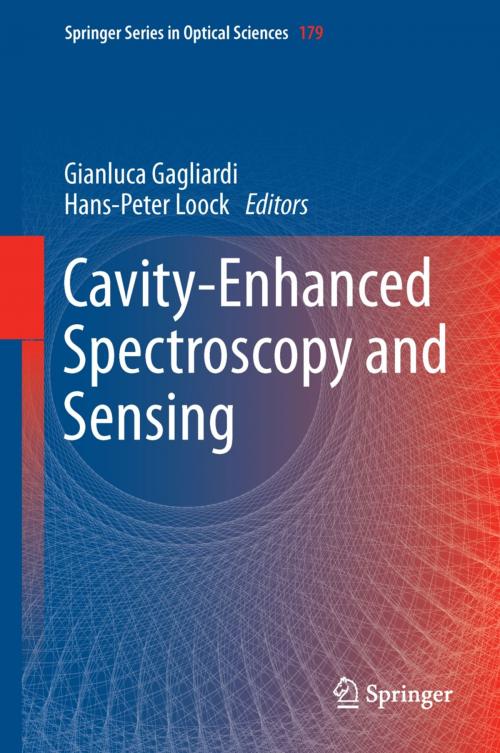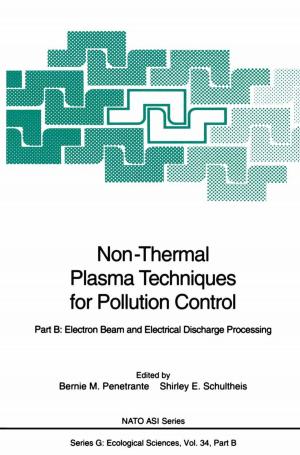Cavity-Enhanced Spectroscopy and Sensing
Nonfiction, Science & Nature, Science, Physics, Spectrum Analysis, Electricity| Author: | ISBN: | 9783642400032 | |
| Publisher: | Springer Berlin Heidelberg | Publication: | October 19, 2013 |
| Imprint: | Springer | Language: | English |
| Author: | |
| ISBN: | 9783642400032 |
| Publisher: | Springer Berlin Heidelberg |
| Publication: | October 19, 2013 |
| Imprint: | Springer |
| Language: | English |
The book reviews the dramatic recent advances in the use of optical resonators for high sensitivity and high resolution molecular spectroscopy as well as for chemical, mechanical and physical sensing. It encompasses a variety of cavities including those made of two or more mirrors, optical fiber loops, fiber gratings and spherical cavities. The book focuses on novel techniques and their applications. Each chapter is written by an expert and/or pioneer in the field. These experts also provide the theoretical background in optics and molecular physics where needed. Examples of recent breakthroughs include the use of frequency combs (Nobel prize 2005) for cavity enhanced sensing and spectroscopy, the use of novel cavity materials and geometries, the development of optical heterodyne detection techniques combined to active frequency-locking schemes. These methods allow the use and interrogation of optical resonators with a variety of coherent light sources for trace gas detection and sensing of strain, temperature and pressure.
The book reviews the dramatic recent advances in the use of optical resonators for high sensitivity and high resolution molecular spectroscopy as well as for chemical, mechanical and physical sensing. It encompasses a variety of cavities including those made of two or more mirrors, optical fiber loops, fiber gratings and spherical cavities. The book focuses on novel techniques and their applications. Each chapter is written by an expert and/or pioneer in the field. These experts also provide the theoretical background in optics and molecular physics where needed. Examples of recent breakthroughs include the use of frequency combs (Nobel prize 2005) for cavity enhanced sensing and spectroscopy, the use of novel cavity materials and geometries, the development of optical heterodyne detection techniques combined to active frequency-locking schemes. These methods allow the use and interrogation of optical resonators with a variety of coherent light sources for trace gas detection and sensing of strain, temperature and pressure.















